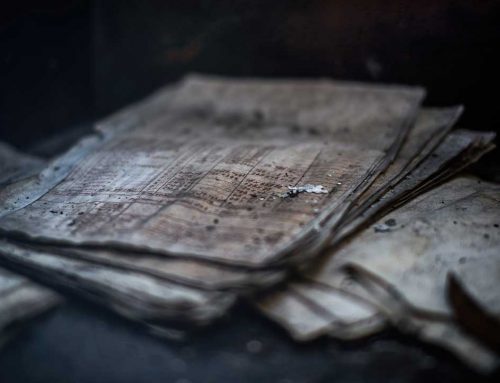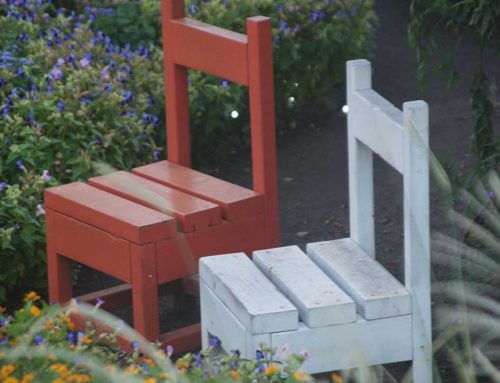This appears to be an innocuous question. However, it may be of some surprise to you to know that in some instances a second or multiple Wills are in fact advisable.
We are not referring to redoing your first Will or doing a codicil to make a change or changes to your first Will. We are talking about an additional or second Will that is independent of your first Will. The first Will is sometimes referred to as the primary or general Will and the additional Will is sometimes referred to as a second Will or limited Will.
Why more than one Will? A second Will is often recommended in situations where individuals are attempting to avoid payment of probate fees based on the value of assets that they can deal with separately. Probate fees are paid as part of the process of having the Will approved by the court. In this way, third parties can rely upon the validity of the Will and the exercise of authority by the executors.
Where there is only one Will, and it needs to be probated, probate fees will be payable on the entire value of your estate as follows: $5 for every $1,000 is paid on the first $50,000; thereafter, the balance after $50,000 is multiplied by .015. For example, if you have an estate worth $690,000, $250 will be paid on the first $50,000 and $9,600 will be paid on the balance. It is not difficult to appreciate how the probate fees can escalate if there is substantial value in an estate.
For this reason, a second Will may be useful in certain circumstances. For instance, where the maker of the Will (the testator) has real estate outside of Ontario a second Will is advisable where the executor can deal with real estate in such a jurisdiction without the need for probate. Shares in or loans to private corporations or valuable personal and household contents can also be dealt with in a second Will.
Accordingly, professional advice is necessary in order to determine whether assets in an estate are of such a type that they do not require probate. However, great caution is required in that if a second Will inadvertently mixes assets that do not require probate with assets that do require probate then all assets mentioned in the second Will are going to be subject to probate. This could be costly and defeat the purpose for a second Will altogether.
Typically, the wording in the first or primary Will indicates that it deals with all assets owned by the testator, with the exception of those assets that are specifically named as excluded and dealt with in a subsequent Will. The second Will indicates that it deals with the specific assets not referred to in the first Will. The first Will usually revokes all former Wills. However, the second Will does not revoke all previous Wills, otherwise the disastrous effect of such revocation would be to invalidate your first Will.
Caution should also be taken to ensure that any monetary bequests that you wish to make in your first Will are capable of being made with the assets that are dealt with in the first Will. Sometimes testators wish to set out monetary bequests in the first Will while in their diligent avoidance of probate fees have located all of the valuable assets in the second Will. As such, it becomes difficult, if not impossible, to make the gifts intended to be made in the first Will.
Needless to say, it is difficult to ascertain whether a second Will is suitable in your circumstances if estate planning with a professional is not undertaken. As part of the estate planning, a thorough inventory of your assets should be taken with approximations of the current and future value of the assets. Compared to the amount potentially paid in probate fees, the cost of the second Will (which can be as low as $100) makes an abundance of “cents”, or should I say “sense”.






